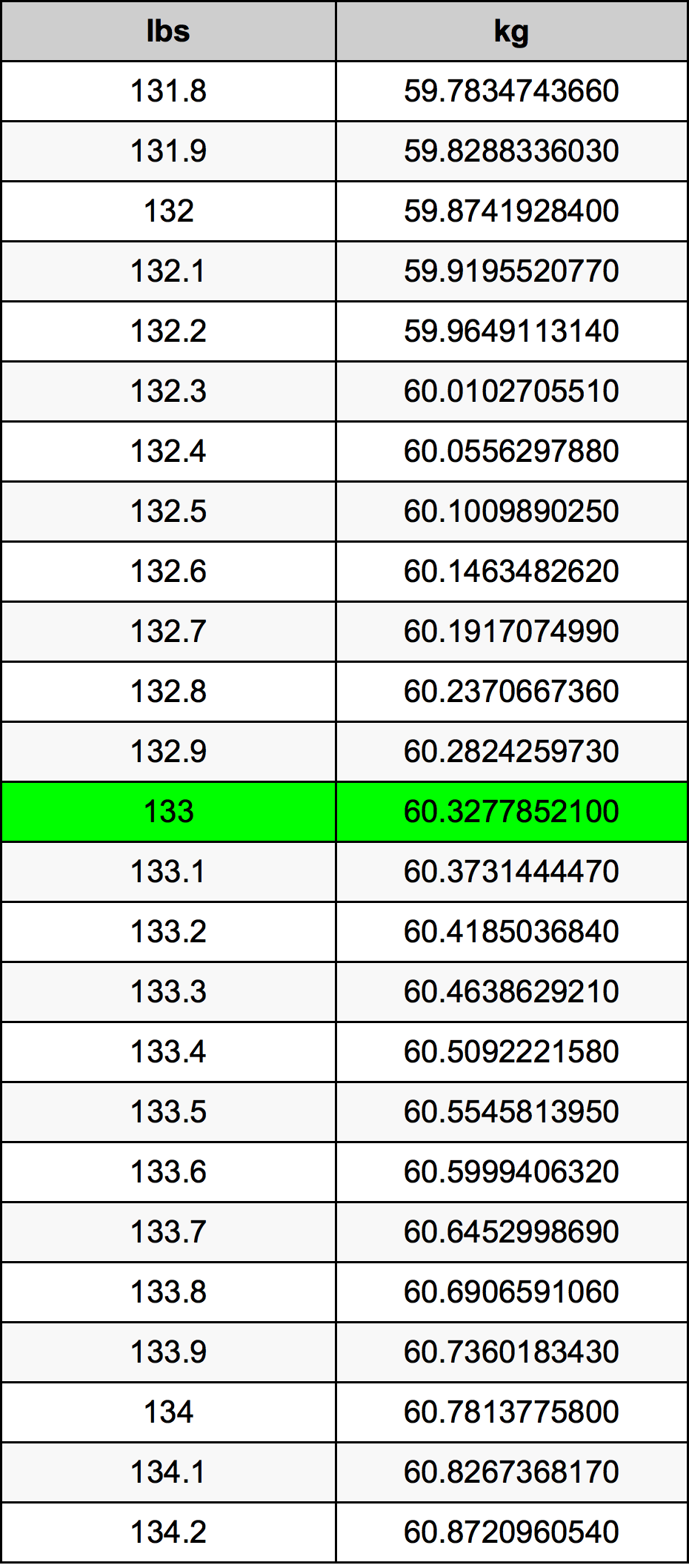Understanding the Current State of the Pound

Introduction
The pound sterling, commonly referred to as the pound, serves as the official currency of the United Kingdom and is one of the oldest currencies still in use today. Its value is not only crucial for the British economy but also influences global markets, international trade, and investments. Recent fluctuations in the pound’s value have brought attention to its implications for consumers, businesses, and the overall UK economy.
The Recent Trends in the Pound
As of October 2023, the pound has been facing notable volatility against major currencies like the US dollar and the euro. Economic data released by the Bank of England (BoE) suggests that inflation remains a significant concern, currently pegged at around 6.5%. In response to these inflationary pressures, the BoE has indicated a potential for further interest rate hikes, aiming to stabilise prices.
Earlier in 2023, the pound experienced a brief resurgence following positive economic forecasts and robust labour market data. However, a recent downturn, attributed to rising energy prices and geopolitical tensions, has prompted investors to reassess their positions. As a result, the pound has weakened, trading at approximately $1.20 against the US dollar, compared to $1.35 just a year prior.
Impact on Various Sectors
This decline in value significantly impacts various sectors in the UK. For consumers, a weaker pound means higher prices for imported goods, including food and electronics. Businesses that rely on imports may face increased costs, which could lead to higher prices for consumers or squeezed profit margins.
Conversely, a weaker pound could offer opportunities for UK exporters, as their goods become more competitively priced in foreign markets. While the manufacturing sector may benefit in the short term, economists warn that the broader economic uncertainties may counteract these benefits, leading to a potential slowdown in growth.
Conclusion
In summary, the state of the pound plays a vital role in shaping the UK economy amidst ongoing challenges. The interplay of inflation, interest rates, and global market dynamics underscores the complexity of the situation. As policymakers assess the economic landscape, businesses and consumers alike must stay informed about how these changes could directly impact their financial futures. Looking ahead, the pound’s performance will be a critical factor to monitor, as it will reflect not only national economic health but also the UK’s position in a rapidly changing global economy.
